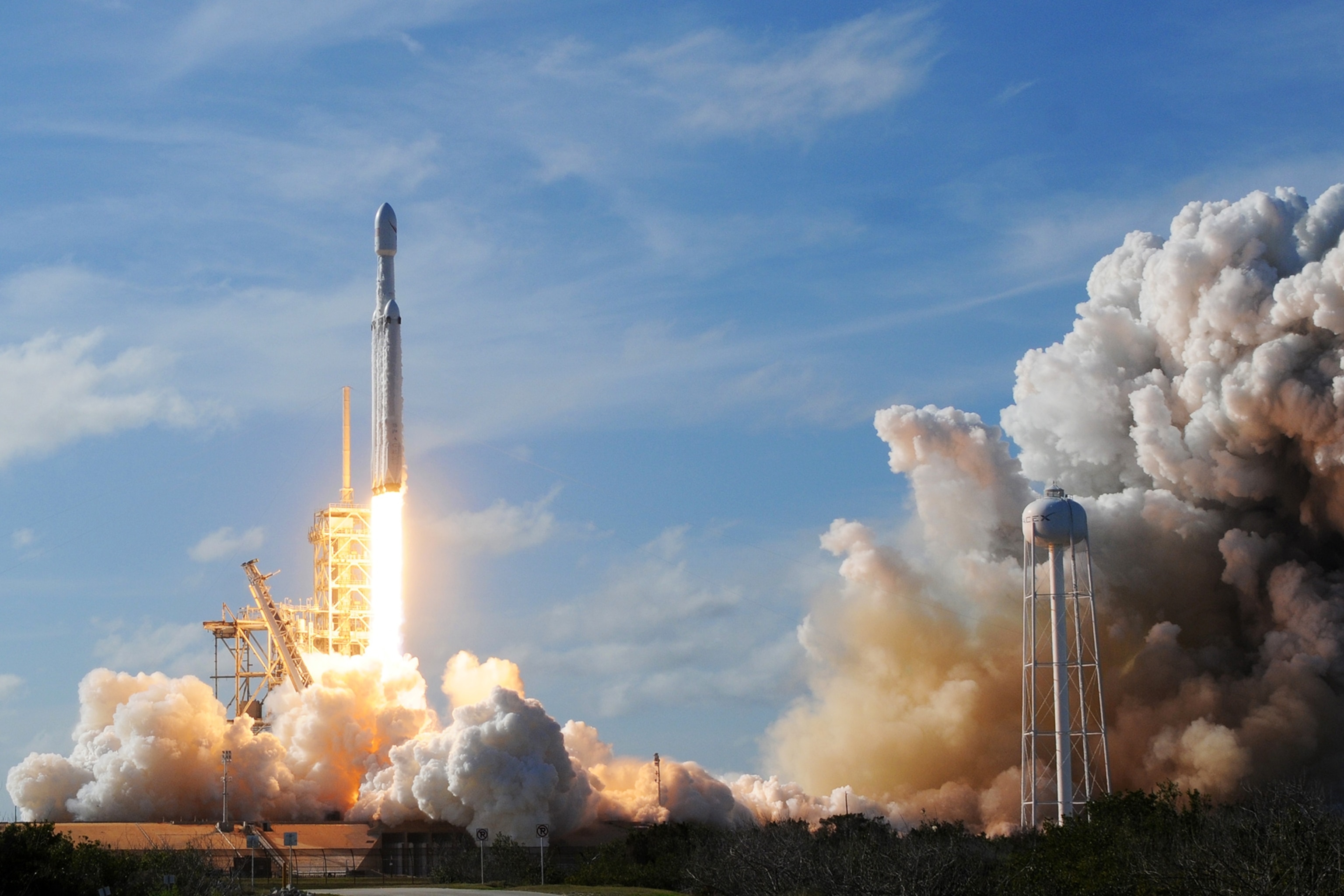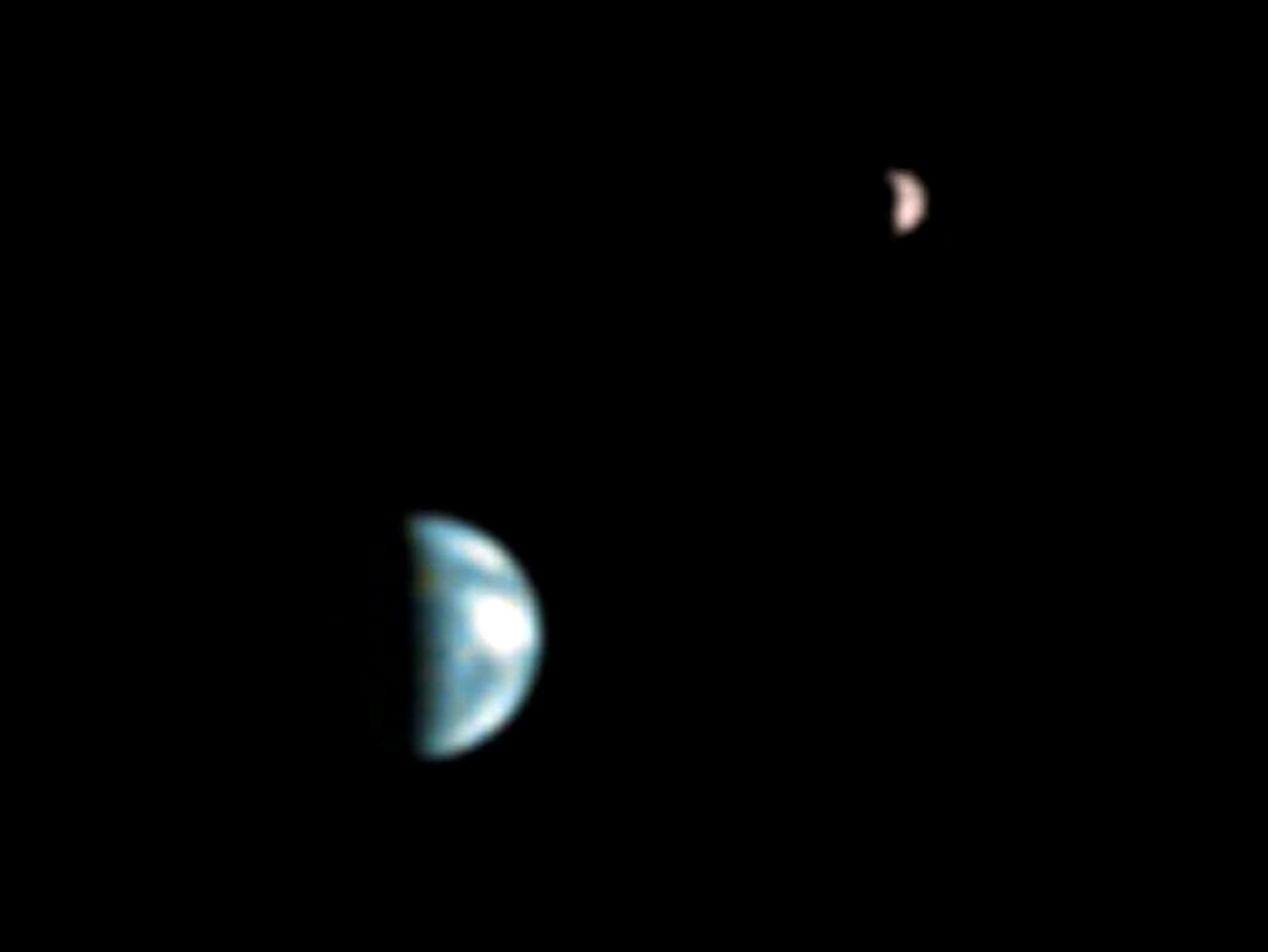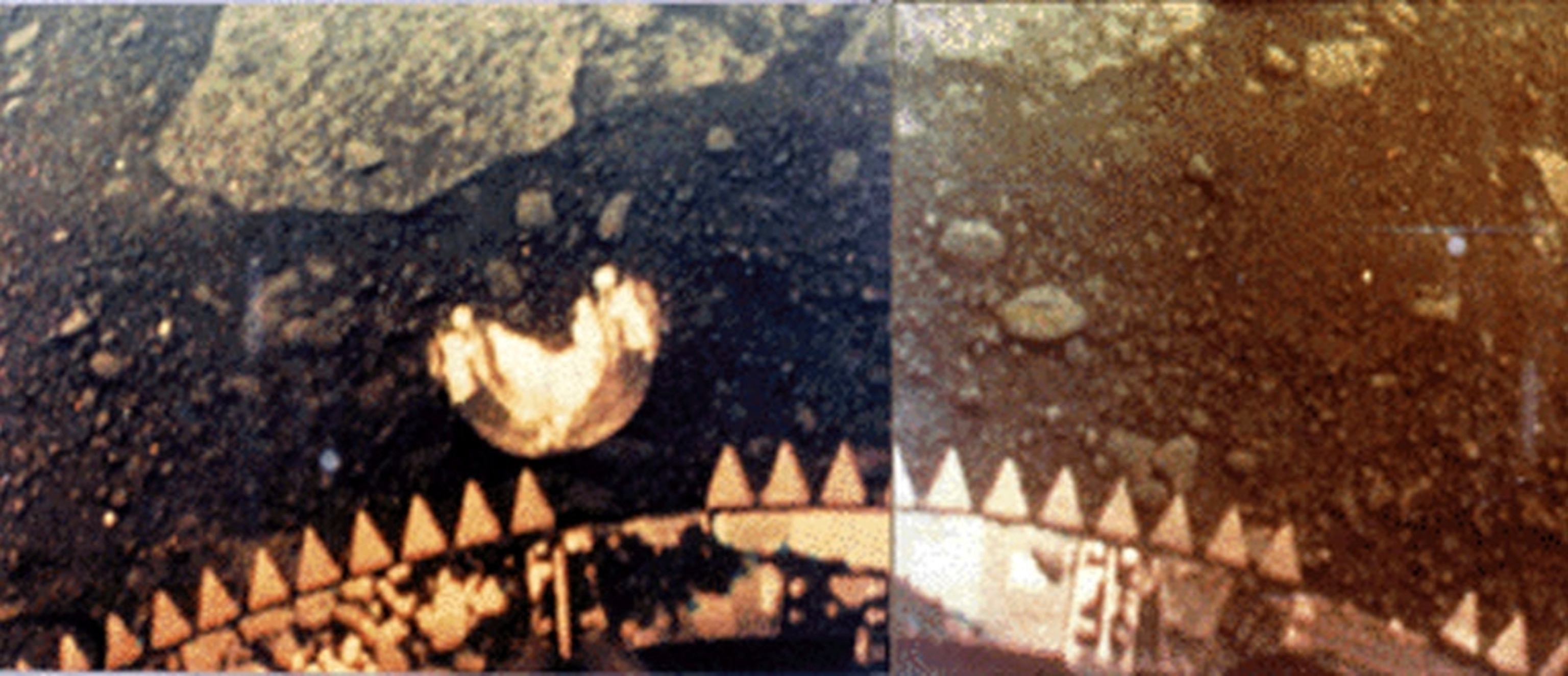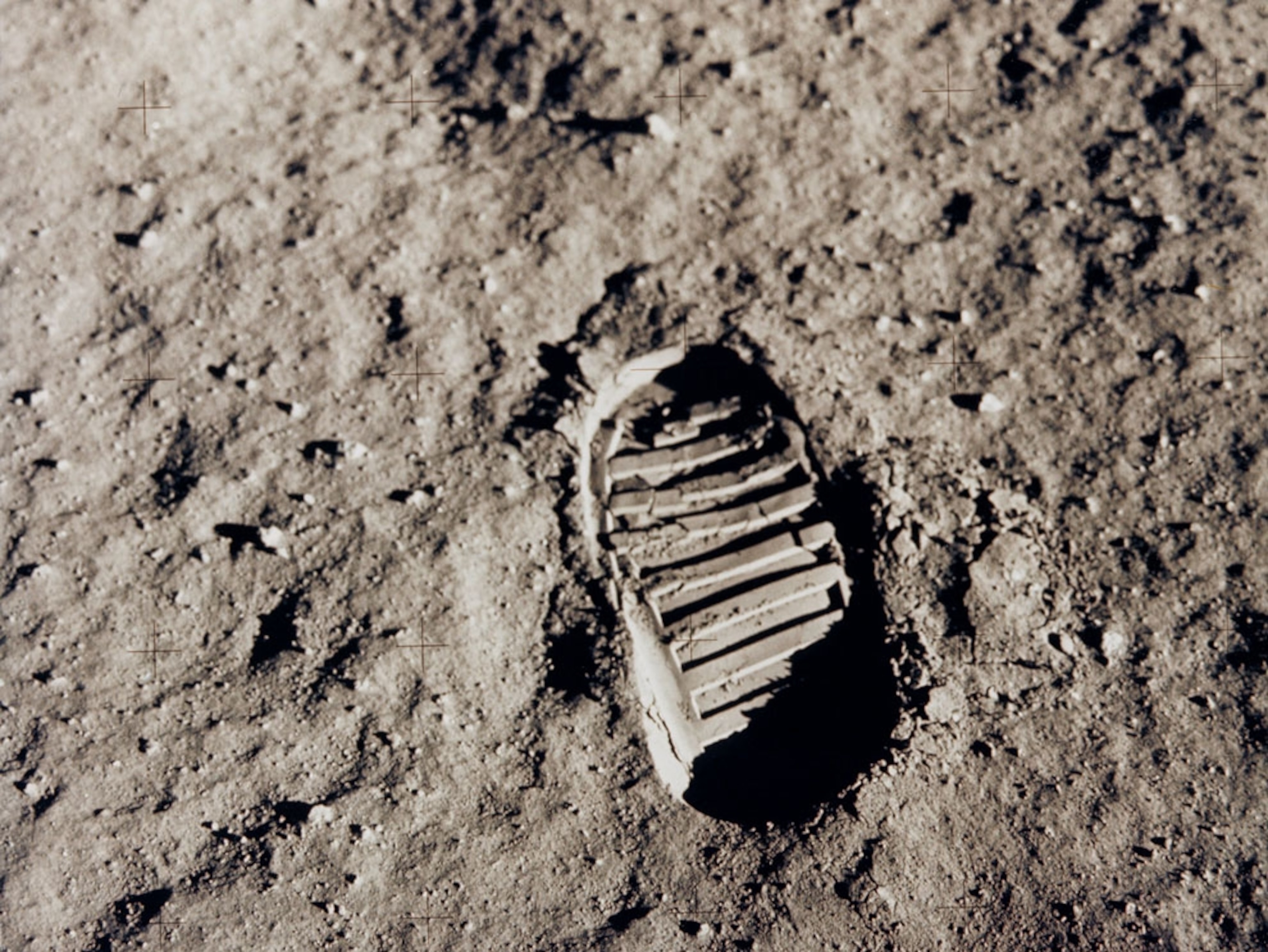
Are billionaires' space travel plans out of touch with reality?
The space tourism industry is developing–but travelers may not be interested.
In 2001, American businessman Dennis Tito became the world's first space tourist to pay his way. He spent 20 million dollars for almost eight days with the crew on a Russian spacecraft orbiting Earth 128 times. During the next decade, six other space tourists followed with tickets reaching 40 million dollars.
In the years since, some private companies have been working to reduce the cost of space tourism. In 2018, Elon Musk’s SpaceX launched a Tesla using a heavy-lift, reusable rocket, a trial run for eventually sending crews to space stations. Amazon CEO Jeff Bezos has joined the space race; his company, Blue Origin, also develops new infrastructure to lower the expenses of space travel. Not one to be left behind, Richard Branson’s Virgin Galactic reportedly sold around 650 tickets for $250,000 apiece for a suborbital passenger flight that has yet to happen. [Watch Elon Musk freak out over the Falcon Heavy launch.]
While the momentum for space tourism has accelerated, the number of potential travelers remains unclear. Which leaves the question: How many people want to visit the final frontier?
A recent Pew Research Center survey found most people lack the desire to orbit Earth. The research indicates that 58 percent of surveyed U.S. adults have no interest in traveling by spacecraft someday. Their stated concerns ranged from expensive costs, health worries, and general fear.
Around 48 percent of Americans claimed an eagerness to visit space, but their rationale seems a bit wobbly. The survey reports that the most common interest was to “experience something unique.”
Interest aside, intrepid billionaires continue to pursue their otherworldly dreams. Blue Origin and Virgin Galactic aim to take tourists on short, suborbital flights to touch the edge of space in the next year. More ambitiously, Elon Musk hopes to colonize Mars.
Airlines also see opportunities in space for the tourism industry. Japan Airlines and ANA have invested in startups specializing in orbital technology, and space tourism companies, like Space Adventures that brokered Dennis Tito’s trip, promise new spaceplanes and zero-gravity flights. Timelines for these innovations are nebulous. [Learn more about the future of spaceflight.]
Despite this promising progress, many remain skeptical. When asked to guess what the future holds for space tourism, only half the U.S. respondents in the Pew survey believed routine space travel will actually happen in the next 50 years. In the meantime, entrepreneurs continue to reach for the stars.












